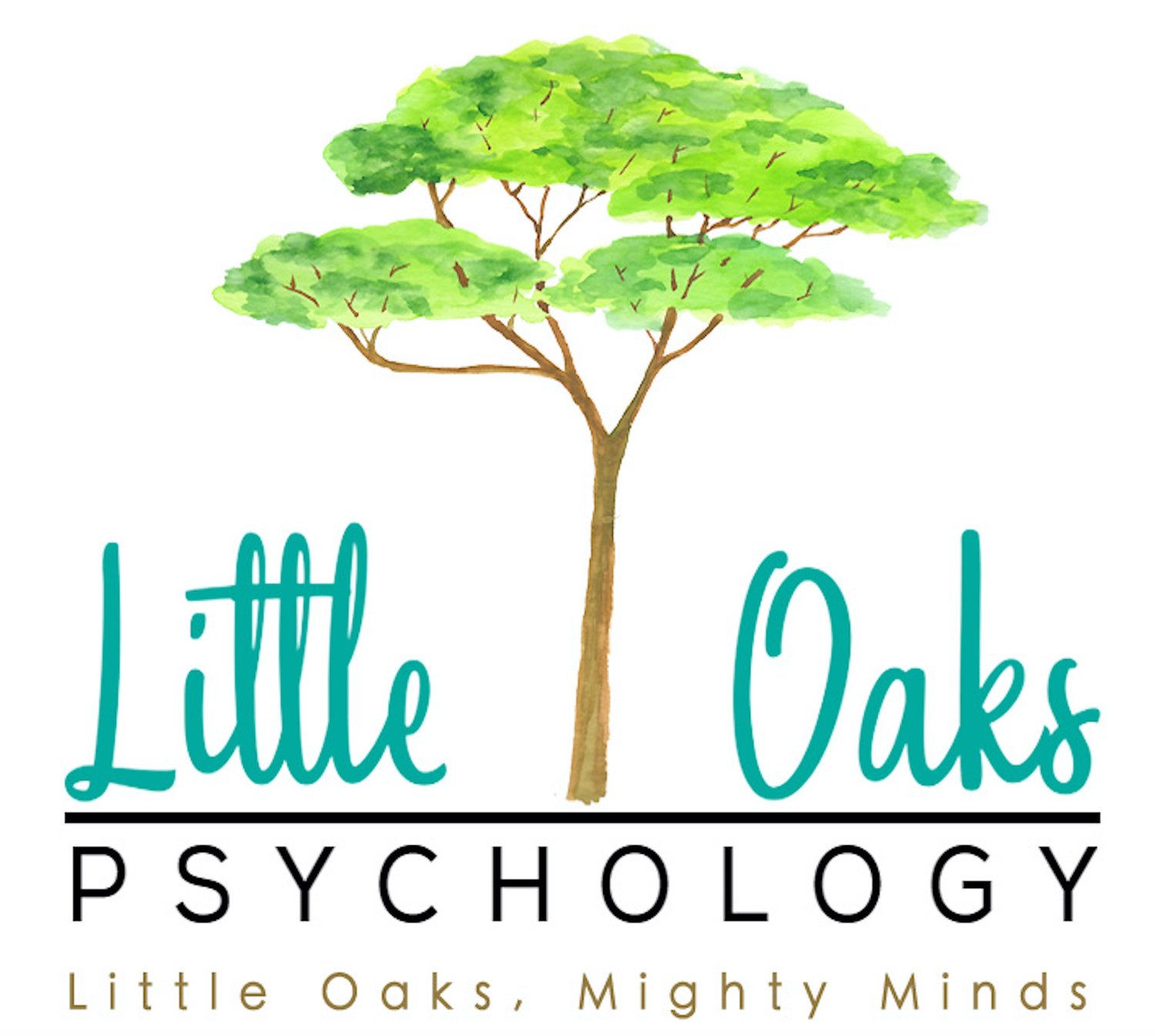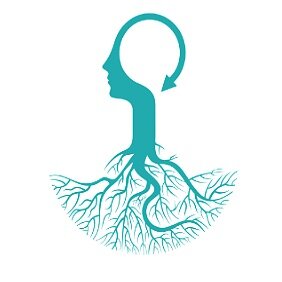Learning Gaps vs. Learning Disabilities
/How do you determine if a child has a learning problem, or is just lacking experience?
I wish there was a simple answer - well, I suppose the simple answer could be to get an assessment. BUT, you're probably more interested in how you know if an assessment is necessary. The answer depends on age, experience, opportunities for learning, other learning or mental health concerns, and strategies tried. If your child has difficulty with mood, anxiety, or attention, they might also experience learning problems, or they might not. This is where assessment comes in. If you already know there is an underlying challenge, you might already want an understanding of your child's learning style. But if you aren't sure why they are struggling with learning and you don't know where to start, here's a few signs of possible learning disabilities.
Early signs include:
Speech or language delays, fine motor delays (e.g.. printing), easily frustrated, forgetful, issues with hearing or vision.
School age signs include:
Trouble with learning letters or sounds, reading words, writing or printing, mathematic skills, difficulty getting work done in time, difficulty following instructions, emotional after school or at school, refusal to complete tasks, distractible or out of seat during desk work, social difficulties, and seems capable or knowledgable but work production isn't demonstrating this.
If a child has not had as much opportunity to learn these things early on, like at home or in preschool, they may be slightly behind their peers and need some extra support. But this would not necessarily mean there is a learning disability. You could try some extra support and practice with the area of learning that is needed, and see if progress is made. A teacher can also help to inform you whether the gap in learning seems age appropriate or if they feel there is more concern needed. If after supports are put in place your child continues to struggle or fall behind, you likely want to consider an assessment.
Extra support and practice are helpful for any child. There is of course a balance needed and too much "homework" could amount to greater frustration and refusals from child (and even parents too!). In primary school, 10-15 minutes of extra practice at home is usually plenty, increasing to 20-30 minutes a night in intermediate school. Reading to your child as much as they desire is great in addition to this other practice! Reading to children really does help with learning to read, especially when the child is following along on the page.
This was just a small amount of information to help guide you, but if you have any more questions, talk to your school team or your psychologist :) You can always consult and ask questions without being committed to a full assessment!



























